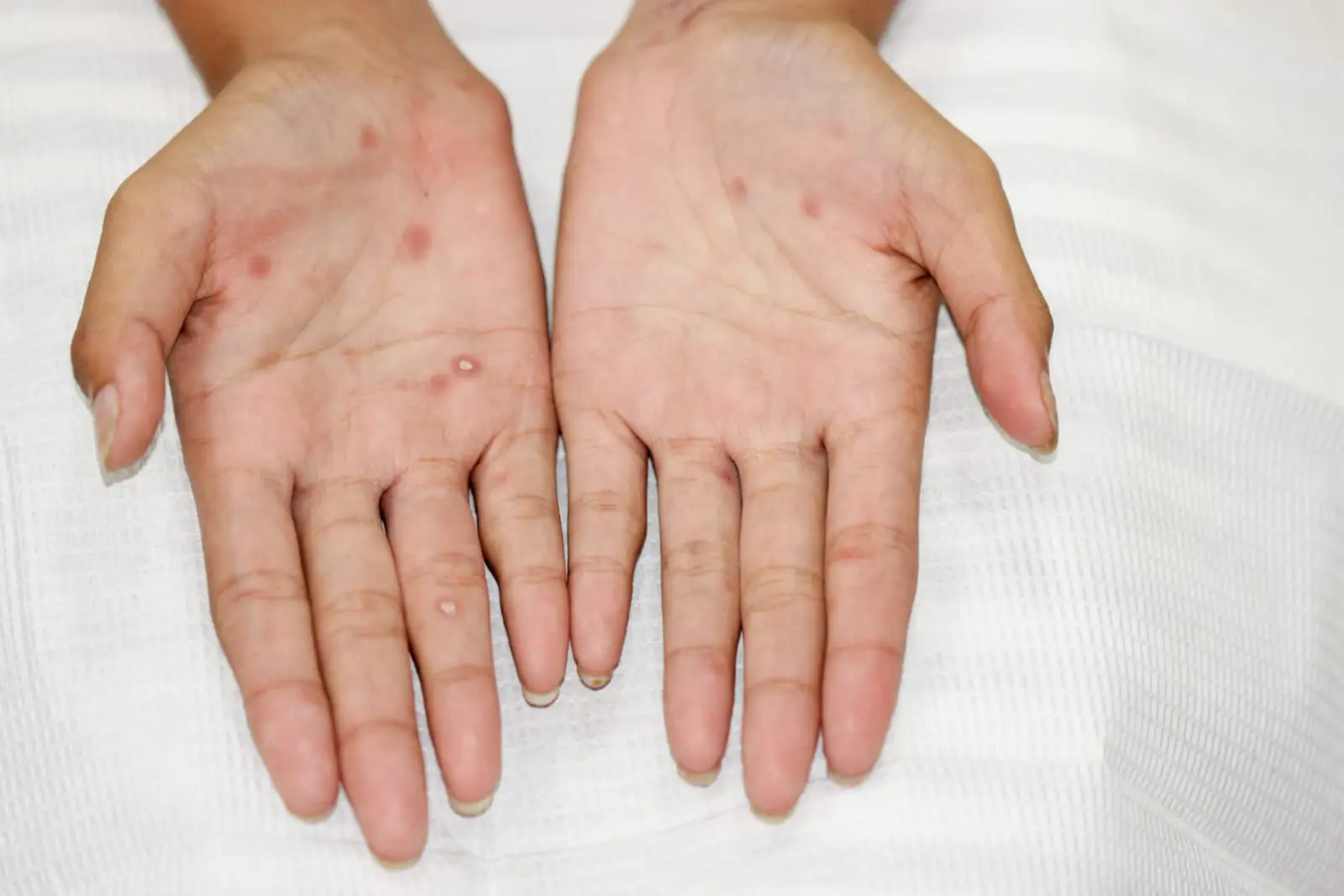Tokyo is grappling with an invisible threat that has surged to historical highs in recent years. In 2023, there were a record 3,701 cases of syphilis in Japan’s capital. As of September 1, the number of infections for 2024 has already eclipsed the 2,400 mark.

The Demographics of an Epidemic
The current demographic breakdown reveals a stark disparity: 70% of cases are men, largely spanning from their 20s to their 50s, while women, many of them in their 20s, account for the remaining 30%. Among those affected are individuals who trusted their partners to be healthy and others who remained oblivious to their condition for years — a stark reminder of the disease’s stealthy persistence.
An Educational Void
The city’s educational frameworks largely ignore the practical aspects of sexual health, often failing to adequately cover topics like contraception, STI prevention and safe sexual practices. Instead, schools provide only cursory overviews of human biology, with little to no discussion of condom use — a crucial preventive measure that many young Tokyoites mistakenly believe to be optional. This lack of comprehensive education fosters a breeding ground for misinformation and unsafe practices.
Furthermore, Tokyo’s approach to sex education is deeply entangled with cultural taboos that deem discussions of sexual health inappropriate or unnecessary. This results in a pervasive silence around sex that permeates the city’s schools, homes and bedrooms. Consequently, generations of Tokyoites find themselves ill-equipped to navigate their sexual health, relying more on bravado than factual knowledge to make decisions.
A Call to Action From Health Authorities
Itaru Nishizuka, Director of Infectious Disease Control at the Tokyo Metropolitan Government Bureau of Public Health, emphasized the insidious nature of syphilis: “Over the last three years, we’ve seen syphilis infections shatter records. A stealthy characteristic of syphilis is its often undetectable symptoms, with many carriers completely asymptomatic. The bacteria proliferate within the host, unwittingly passed on to others, or in worse cases, escalate to severe, life-threatening stages. This ongoing spread by unknowing carriers underscores a critical public health challenge.”
In response to this growing crisis, Tokyo has ramped up its public health response. Anonymous and free testing services are available, with facilities strategically established in both Shinjuku and the broader Tama region. The Shinjuku testing and consultation center offers the added convenience of accepting online reservations 24 hours a day and providing appointments on weekends. The Tokyo government’s persistent plea to its residents is simple yet urgent: “If you have any concerns, please get tested.”
A Need for a Cultural Shift
As Tokyo grapples with this unyielding challenge, the path forward demands more than just medical intervention. There is a critical need for a cultural shift — a move toward open, honest discussions about sexual health, the normalization of condom use and a comprehensive overhaul of sex education curricula. Only through these concerted efforts can Tokyo hope to stem the tide of a disease that, though often associated with years gone by, continues to harm our community.

What Is Syphilis?
Syphilis, a disease primarily spread through sexual contact, can present with deceptive symptoms ranging from mere rashes to large lumps. Often, carriers exhibit no symptoms at all, unknowingly transmitting the infection to others. Without timely treatment, syphilis can cause severe damage to the brain and heart. In pregnant women, the disease poses a grave threat not only to their own health but also to their unborn child, potentially crossing the placenta and leading to premature births or even neonatal deaths.









